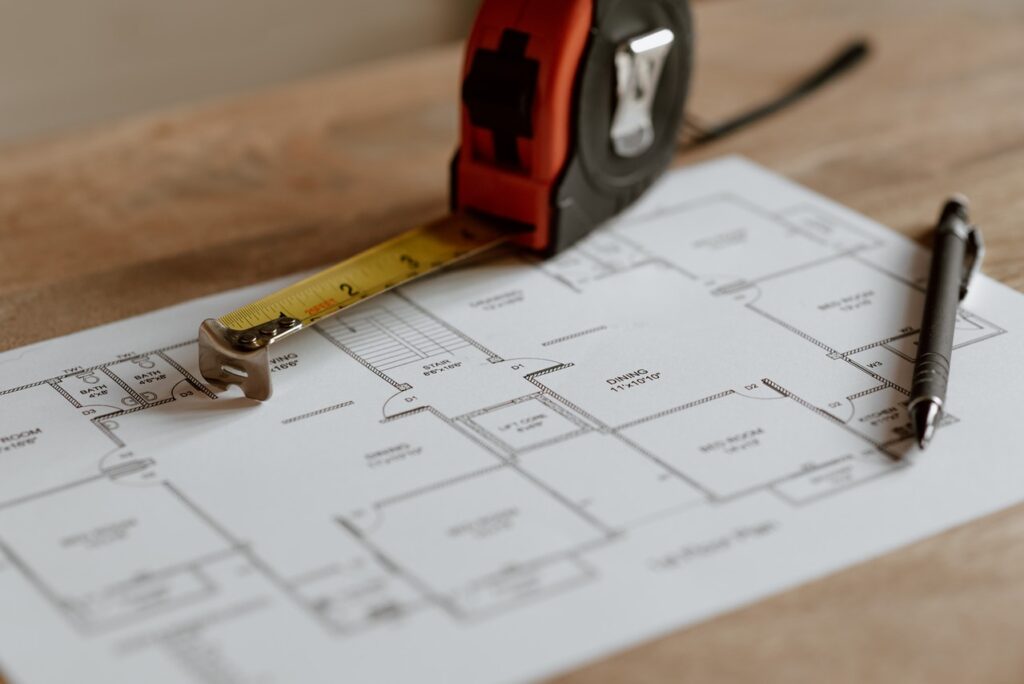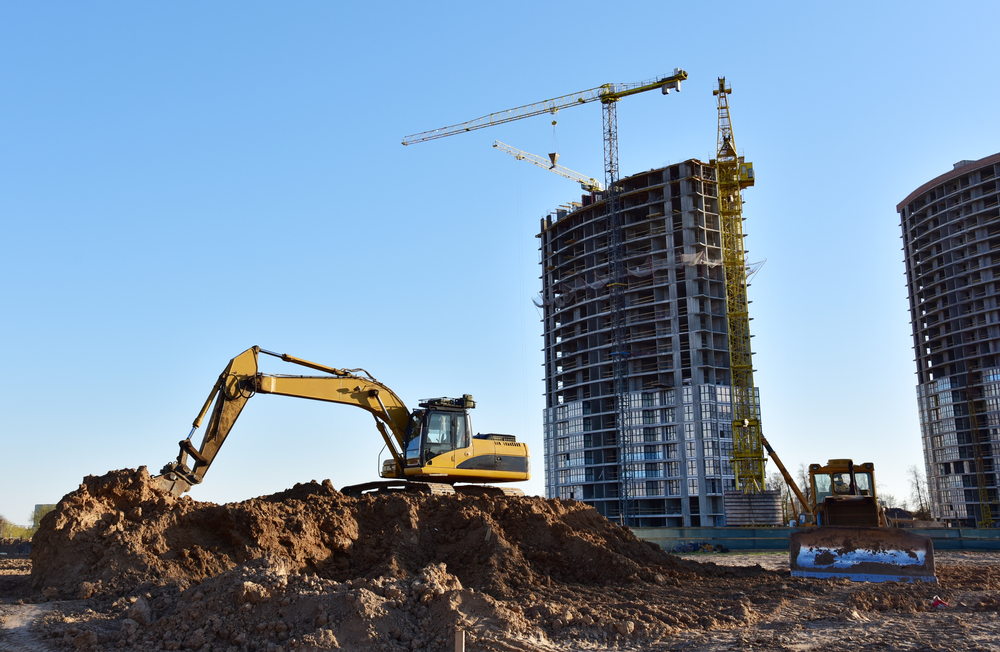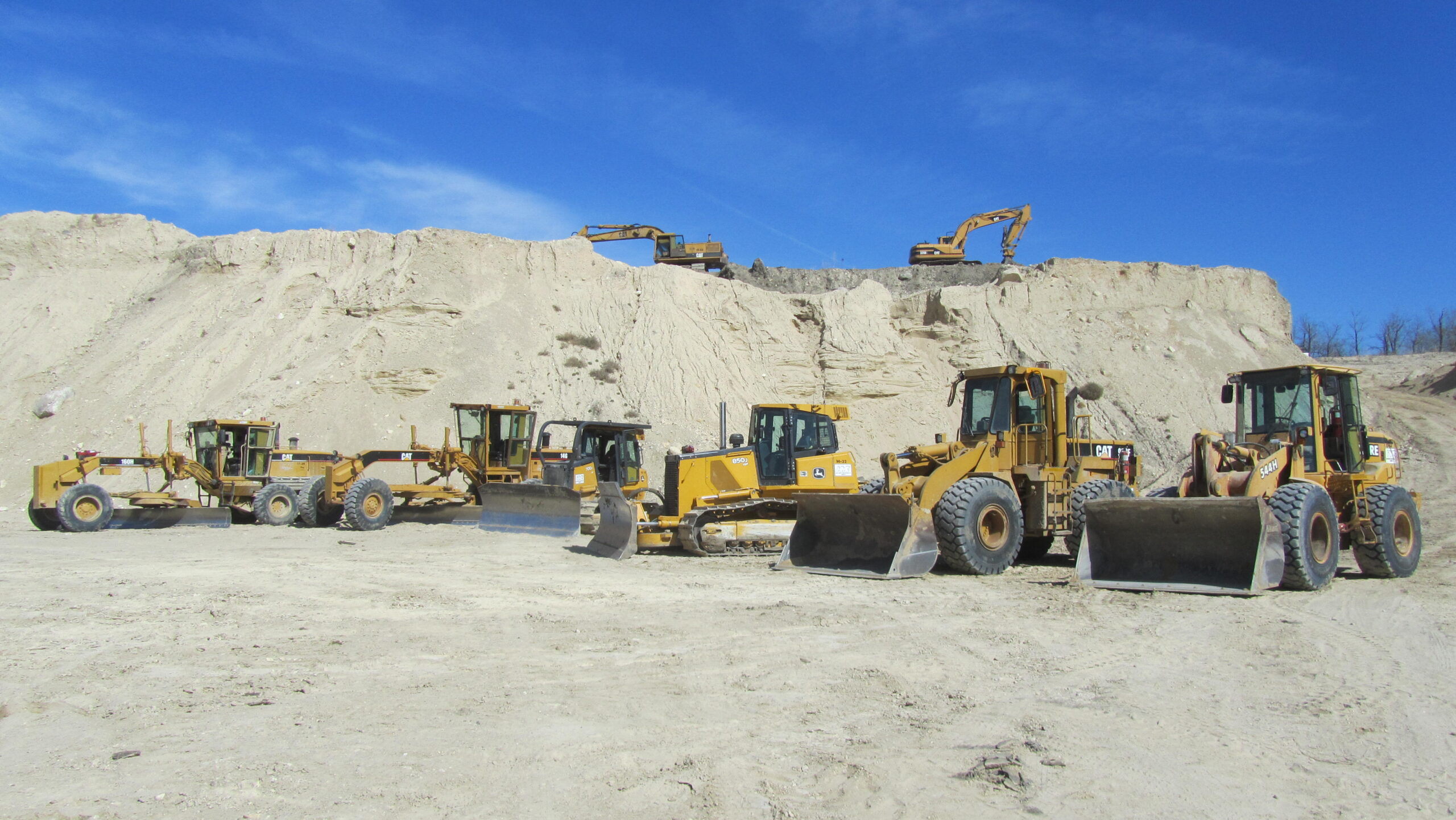
Guide to Starting a Construction Business in Australia
Starting a construction business in Australia can be a rewarding experience, but it requires careful planning, hard work, and a significant amount of investment. To make things easier for you, we thought it would be helpful to put together a brief guide on how to get your construction business up and running. If this is something that you’re interested in learning more about, here’s a guide on how to start a construction business in Australia.
Step 1: Develop a Business Plan
The first step in starting any business is to develop a comprehensive business plan. This plan will serve as a roadmap for your business and should include a detailed description of your construction business, your target market, financial projections, and marketing strategies. Your business plan should include information on the types of construction services you will offer, such as residential or commercial construction, renovations, or home improvements. You should also outline your target market and how you plan to reach them through marketing and advertising.
Financial projections are a critical part of your business plan. You will need to estimate your start-up costs, including equipment, materials, and insurance, as well as your ongoing expenses, such as rent, utilities, and salaries. You will also need to estimate your revenue and profit projections for the first few years of your business.
Step 2: Register Your Business
Once you have a business plan in place, the next step is to register your construction business with the Australian government. You will need to obtain an Australian Business Number (ABN) and register for the Goods and Services Tax (GST) if your projected turnover exceeds $75,000 per year.
You may also need to register for other licenses and permits, depending on the type of construction services you offer. For example, if you plan to work on projects that involve asbestos removal, you will need to obtain a license from the Australian government.
Step 3: Obtain Insurance
Construction businesses are inherently risky, so it is essential to obtain adequate insurance coverage to protect yourself and your business. You will need to obtain public liability insurance and workers; compensation insurance to cover any accidents or injuries that may occur on your job site.
In addition to these standard insurance policies, you may also want to consider professional indemnity insurance, which covers you in case of any professional negligence or errors that may occur during the construction process.
Step 4: Purchase Equipment
The equipment you will need for your construction business will depend on the types of services you offer. At a minimum, you will need a reliable vehicle to transport your equipment and materials to and from job sites, as well as basic hand tools, power tools, and safety equipment. As your business grows, you may need to invest in larger equipment, such as excavators, bulldozers, or cranes. These larger pieces of equipment can be expensive, so it is essential to factor in the cost when developing your business plan.
Step 5: Hire Employees
As your business grows, you may need to hire employees to help you with the workload. It is essential to employ qualified, experienced workers who can help you deliver high-quality construction services to your clients.
When hiring employees, you will need to comply with Australian employment laws, including minimum wage requirements, working hours, and entitlements such as annual leave and sick leave.
Step 6: Establish Relationships with Suppliers
To run a successful construction business, you will need to establish relationships with reliable suppliers, such as building material suppliers, tool and equipment rental companies, and waste removal companies.
When choosing suppliers, it is essential to consider factors such as price, quality, and reliability.
You may also want to consider establishing long-term relationships with suppliers who can offer you discounts or other benefits in exchange for your loyalty.
Step 7: Market Your Business
Marketing your construction business is essential to attract new clients and grow your business. There are many ways to market your business, including advertising in local newspapers and magazines, creating a website, and using social media platforms such as Facebook and Instagram.
You may also want to consider attending trade shows or networking events to meet potential clients and establish relationships with other professionals in the construction industry.
Conclusion
Starting a construction business in Australia can be a challenging but rewarding experience. By following these steps and developing a comprehensive business plan, you can increase your chances of success and build a thriving construction business that provides high-quality services to your clients. With hard work, dedication, and a commitment to excellence, you can achieve your goals and build a successful construction business in Australia.
Kato Works is your go-to solution for the best construction equipment available. With a wide range of cranes and a team of experienced professionals, Kato Works is committed to providing high-quality equipment and exceptional customer service. Contact us today!



